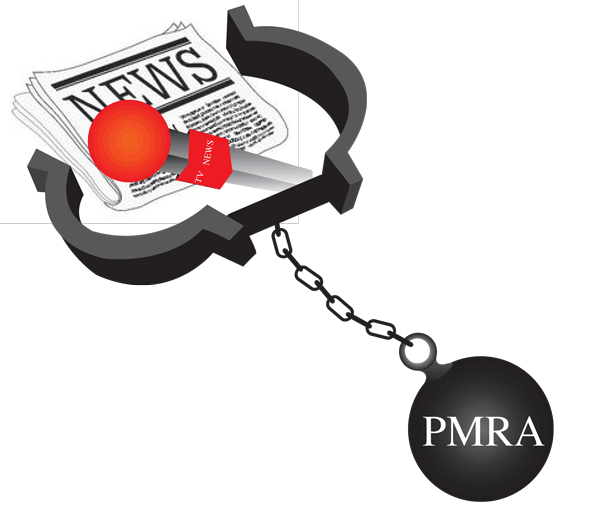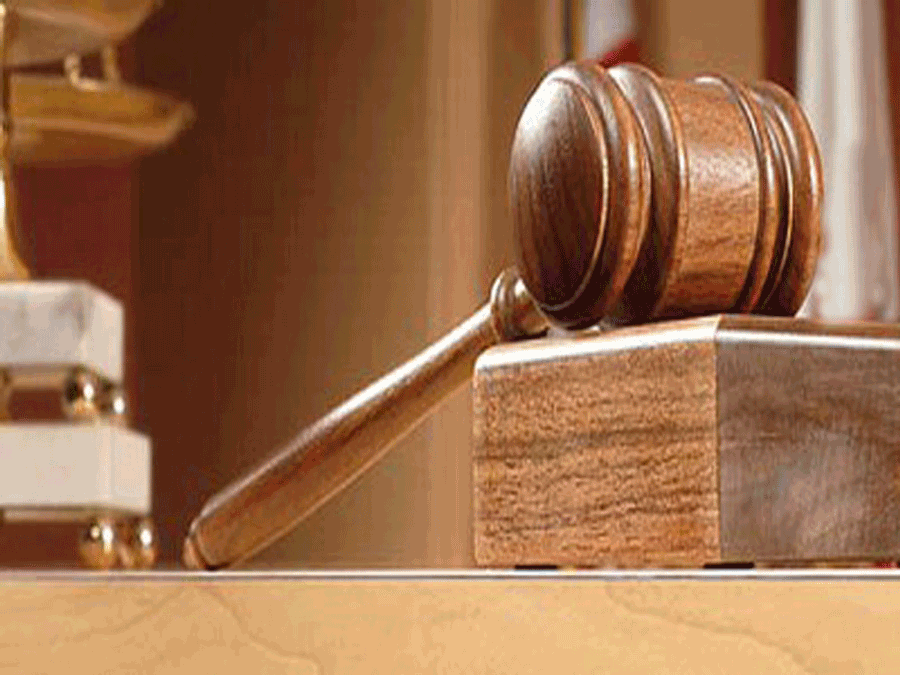The Press Under Seige
By I. A. Rehman | Cover Story | Published 6 years ago
Somebody is expressing his views on a national issue on a TV talk show. Suddenly his voice goes off the sound track. It reappears after a few seconds. The cycle is repeated after a short interval.
Everybody knows what is happening, but most people are afraid of protesting against the latest methods of information management and thought control.
Complaints against the abuse of the cyber crime law, that was adopted despite the civil society’s unprecedented opposition, are increasing by the day. Social media may still have some reckless users but fear has started affecting a larger number of responsible people.
Several Pashtun Tahaffuz Movement (PTM) supporters are facing trial in an Anti-Terrorist Court of Karachi for making speeches the authorities don’t approve of. The charges against them include offences under the Penal Code sections 147 (rioting), 148 (rioting while armed with deadly weapons), 149 (unlawful assembly for committing an offence for a common objective), 124-A (sedition), 153-A (spreading enmity between different groups), 500 (defamation), 505 (statements conducive to public mischief), and section 7 of the ATA (punishment for acts of terrorism.)
The trial of these citizens has been held up because charges under sections 124-A and 153-A had been included in the FIRs without the permission of the provincial government and attempts are now being made to remove the flaw and validate the FIRs. The clamping of sedition charges on citizens for making “objectionable” speeches is nothing new, but instances of action against a whole group are rare in our history
The sword of Damocles is hanging over the entire media – print, electronic and digital – in the form of a plan to bring it under a single authority: the Pakistan Media Regulatory Authority (PMRA).
The government is planning to replace the Press Council of Pakistan, the Pakistan Electronic Media Regulatory Authority (PEMRA) and the Presses, Newspapers and News Agencies Ordinance with the Pakistan Media Regulatory Authority Act, that will bring about the following changes:
1. The Press Council of Pakistan will be abolished. This council was established after several decades of struggle by the media community for acceptance of the principle that complaints against newspapers and journalists should be decided by a body on which media associations were represented in adequate strength. The significant milestones in this struggle included the Ayub regime’s acceptance of a moratorium on the government’s punitive actions against the media and the creation of a Press Court of Honour to hear complaints against the media. Consisting of 19 members, 12 of them representatives of media associations (newspaper owners, editors, and journalists providing four representatives each), the autonomous Press Council is headed by a retired high court judge.
This council is going to be axed without a charge-sheet or verdict against it. Its functions will be taken over by a cell headed by an expert in PMRA. The media will not be represented on the cell or the Authority. The repudiation of the principle of media persons hearing complaints against them makes the proposed system utterly regressive.
2. The PEMRA will be abolished but all of its functions, including the powers to summarily punish the electronic channels, will be inherited by PMRA.
3. The worst-hit is going to be the print media. Throughout the 200 years that newspapers have been published in the India-Pakistan subcontinent, all governments have, implicitly and often explicitly, accepted the citizens’ right to publish papers, news sheets and journals, subject only to the condition that those responsible for printing and publishing were identified in the declarations made before the district authorities. The latter were bound to authenticate these declarations if those filing them were not aliens, or had not been convicted of any crime of moral turpitude, or if the title of the publication was not registered in somebody else’s name.
The British Indian government made many laws in 1842, 1905, 1910, 1919 and 1931 to punish printers and publishers for airing ideas unwelcome to the colonial authority but the freedom to publish was usually not denied.
The Pakistan government considered it necessary to restrict media freedom soon after independence and many publications were suppressed during 1947-48. But the policy of accepting declarations for newspapers and other publications was not changed until the Ayub regime introduced requirements of financial viability and editor’s competence as conditions for authentication of declarations.
General Zia-ul-Haq did not change the system of declarations but made authentication subject to clearance by a high authority, often by himself. During his reign authentication of a declaration was often virtually denied by district officials by taking no action for an indefinite period.
The shariat courts came to the media’s rescue by giving a ruling that if no action was taken on a declaration for a few months, it would be deemed to have been authenticated. This system is still in vogue.

The new order under consideration eliminates the role of district officials in the authentication of declarations and assigns the task of issuing licences for the publication of newspapers to a registrar at the federal level, regardless of the fact that press and publications is a provincial subject. While a declaration is valid for an indefinite period at present, and newspapers are being published in Pakistan, in accordance with the practice the world over, on the strength of declarations authenticated decades ago, under the proposed law a licence to publish will be valid for one year only. Its renewal year after year will depend on the satisfaction of the registrar about the publisher’s good behaviour, and subject to conditions the registrar might impose.
The PMRA scheme will certainly curtail media freedom and the citizens’ right to freedom of expression and it could have a disastrous effect on the slow march towards democracy.
It could restrict public debate on issues of governance and reduce transparency in favour of secret governance and a closed society. This regression will cause a colossal loss to the nation because neither a transparent and responsible government nor an open society is possible without due respect to freedom of the media and the citizens’ right to freedom of expression.
Mr. I.A. Rehman is a writer and activist living in Pakistan. He is the secretary general of the Human Rights Commission of Pakistan Secretariat.


